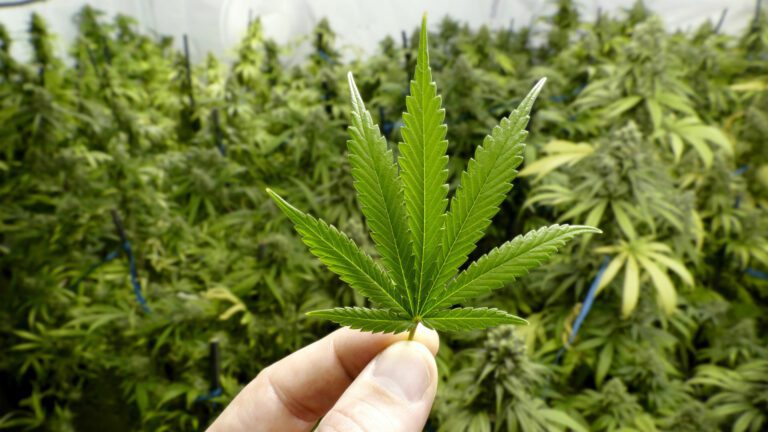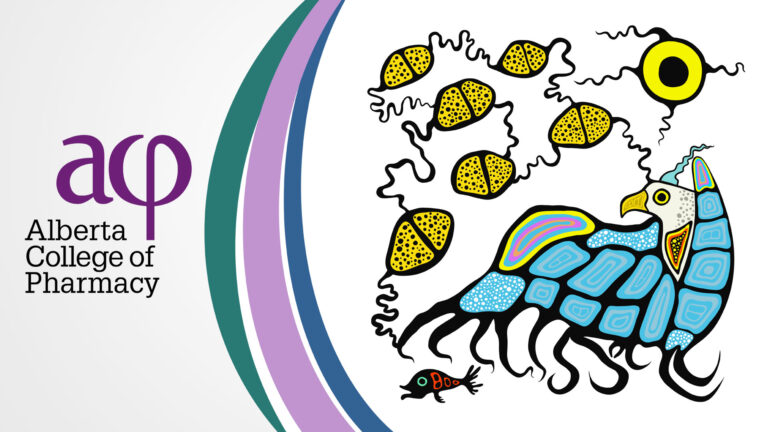
Cannabis for recreational use is now legal in Canada, so it’s important for pharmacy professionals to learn as much about the substance as possible: chemistry and composition, therapeutic uses, preparations, effects of short- and long-term use, addiction, and so on.
We’ve compiled a list of resources that provide education and background on cannabis from many angles to help you with your practice.
1. Information for Health Care Professionals: Cannabis (Health Canada)
Developed in 2013, this document, produced by Health Canada, includes background information on the endocannabinoid system (including chemistry and composition of cannabis), clinical pharmacology (how cannabis is absorbed and the various ways it can be consumed), potential therapeutic uses, and precautions.
2. Cannabis Information for Health Professionals (Alberta Health Services)
This document was produced in 2015 and explains the different preparations, drug effects, effects of short-term use, effects of long-term use, pregnancy and breastfeeding precautions, tolerance, dependence and withdrawal, information about who uses cannabis, and recommendations for additional reading.
3. Clearing the Smoke on Cannabis (Canadian Centre on Substance Abuse)
This series objectively looks at how cannabis use affects human functioning and development, and discusses implications for policy and practice. Prepared by expert researchers and peer reviewed, the series explores the impact of cannabis use on mental health and cognitive function (e.g.: memory, attention, thinking), driving, and respiratory functioning.
4. Simplified guideline for prescribing medical cannabinoids in primary care (College of Family Physicians of Canada)
This simplified medical cannabinoid guideline provides practical recommendations for the use of medical cannabinoids in primary care, with recommendations intended to assist with decision making in conjunction with patients.
5. Medical Cannabis (Canadian Pharmacists Association)
The Canadian Pharmacists Association offers two courses on cannabis:
- An introduction to Medical Cannabis and Cannabinoids – This foundational course provides an overview of the different types of cannabinoids available in Canada, their therapeutic effects and their impact on human physiology. It covers Canadian regulations on the use of cannabis for medical purposes and focuses on the pharmacist’s role in advising patients who have been prescribed cannabis as part of their treatment plan.
- Medical Cannabis: Applying Evidence to Practice – Building on concepts outlined in An Introduction to Medical Cannabis and Cannabinoids, this course explores therapeutic indications for which there is moderate quality evidence for the use of cannabis or cannabinoids, including treatment of spasticity, chronic pain, chemotherapy-induced nausea and vomiting.
6. Canada’s Lower-Risk Cannabis Use Guidelines (Centre for Addiction and Mental Health)
These guidelines provide 10 science-based recommendations to enable cannabis users to reduce their health risks.
7. Cannabis legalization: A policy primer (University of Calgary)
In this e-book, you’ll find a summary of the Cannabis Evidence Series, a comprehensive research report containing five steps for understanding legalization, so you can stay informed as policy evolves.
8. Cannabis and the CMA (Canadian Medical Association)
This resource includes a backgrounder and the CMA’s policies on cannabis for medical purposes. It also includes the CMA’s recommendations to the federal government on the approach to legalization of cannabis for recreational use.




